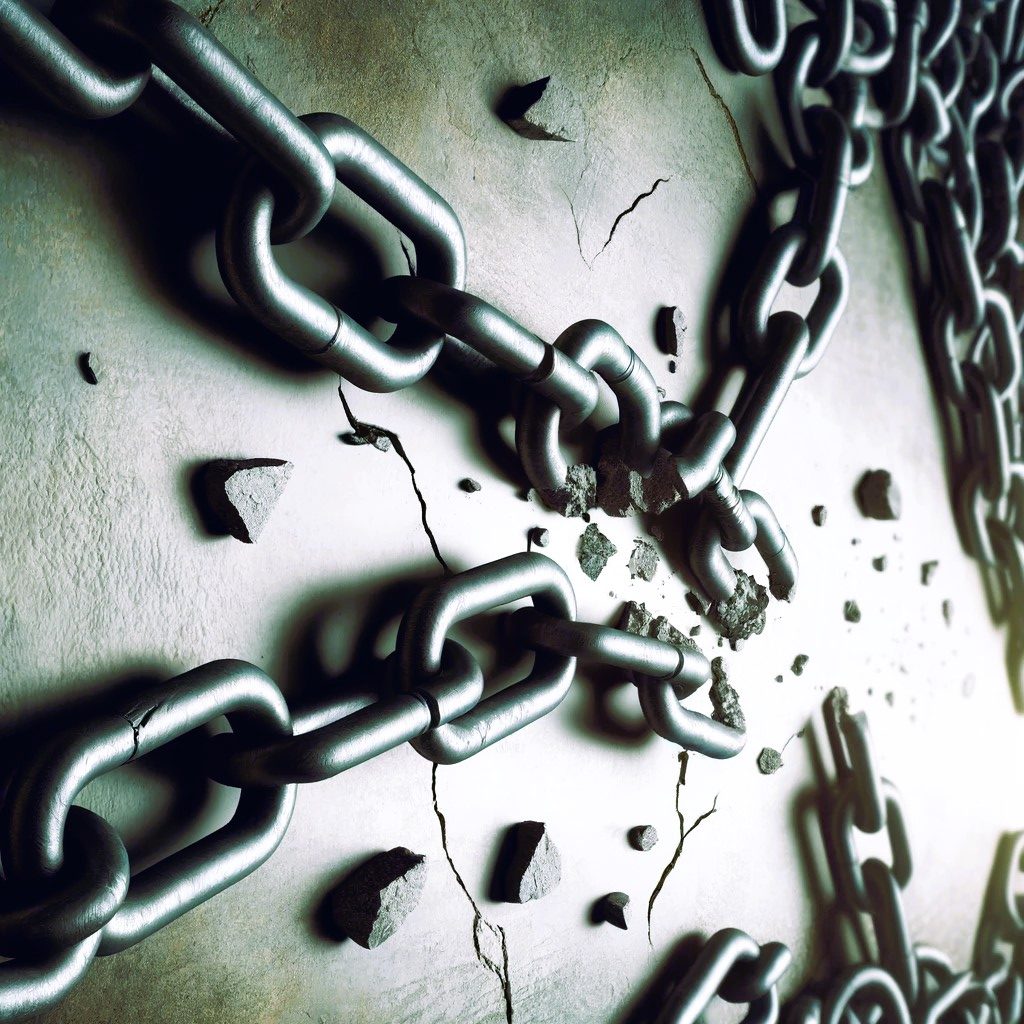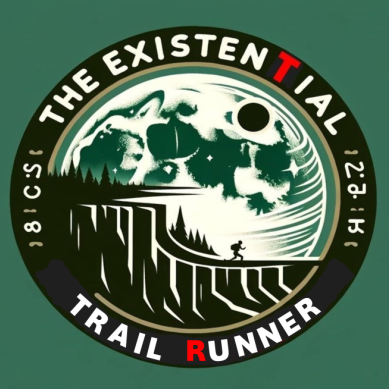The Gift of Failure
“Life is a tempest—a relentless storm of challenges, setbacks, and the occasional victory. We’re taught from an early age to fear failure, to dodge it, treat it like a plague. But here’s a raw truth: failure is a gift, a fiercely transformative force that, if embraced, propels us forward in ways success never could. This isn’t about sugarcoating defeat or reveling in misery; it’s about recalibrating our mindset to see failure not as a curse, but as a crucible.”
-Marcus Thornton

A Necessary Struggle
Consider the fire that forges the strongest steel. It’s not jolted by gentle warmth but baptized in blistering heat. Similarly, our personal and professional growth isn’t catalyzed by constant successes but by the intense heat of our failures. The pain, the frustration, the straight-up gut-punches—each serves as a forge for our character and resolve.
When I look back at my own life, from the depths of addiction and homelessness to molding myself into a father, a mentor, and a leader, each misstep was a step towards a greater understanding of myself and my capabilities. Embracing my failures didn’t just happen; it required a seismic shift in perception. It required understanding that each fall wasn’t a stop sign, but a detour sign pointing towards a less traveled, albeit rougher, road to personal enlightenment. It required ownership of my role in my own suffering…
The Stigma of Failure
Why do we fear failure like a dastardly Other? Society imprints on us that failure is synonymous with weakness. From the playground to the professional arena, we’re imbued with the notion that to fail is to lose worth. This stigma is a heavy chain around the neck of growth. It stifles innovation, curbs risk-taking, and paints a monochrome picture of what success should look like.
As someone who’s stumbled and fallen face-first more times than I can count, I can assert with conviction that my failures have been my most profound lessons. They weren’t just obstacles but opportunities—opportunities to learn, to adjust, to harden. Each failure carved a little more of the person I am proud to be today. It’s through these scars that I’ve learned the most about resilience, adaptability, and the sheer power of will.

Failure as Fuel
Failure is not the opposite of success; it’s part of it. Any successful person or great mind from history didn’t just sail smoothly on calm waters; they survived and thrived through storms. They used their failures as catalysts. Consider the great inventors, the pioneers of science, the leaders who’ve shaped our world—they all failed, repeatedly.
The power of failure lies in its ability to strip away what’ no longer serves us. It forces us to confront our limitations, to dissect our processes, and to challenge our assumptions. This brutal assessment is uncomfortable, but necessary. It’s in this discomfort that we find the seeds of growth. Each failure, each setback, and each “no” is a question: “What can be learned? How can I adapt? Where do I go from here?”
Cultivating Resilience
Cultivating a mindset that welcomes failure is akin to training for an ultra-trail run. It’s grueling, it’s painful, and it’s incredibly rewarding. You condition your body and mind to endure, to overcome, and to push beyond the known limits. Each training run, each mile, each hill that deals damage only prepares you for the next; each teaches you something vital about your stamina, your strategy, and your spirit.
In life, when we train ourselves to see failure not as a blockade but as a stepping stone, we develop a resilience that is impenetrable. We learn that the true measure of our spirit isn’t how we celebrate victory, but how we handle defeat. It’s not about never falling; it’s about how quickly and strongly we get back up.

Failure and Anti-Fragility: Lessons from Taleb
Nassim Nicholas Taleb introduces the concept of anti-fragility in his work, Antifragile, describing systems that gain from disorder—those that not only withstand shocks but also become stronger because of them. This idea dovetails seamlessly with the philosophy of embracing failure as a transformative power.
Failure, in the context of anti-fragility, isn’t just an obstacle to overcome; it’s an essential ingredient in the recipe for growth. Just as muscles tear and rebuild stronger after intense exercise, individuals can harness their failures to rebuild more resiliently. Each failure introduces a small dose of adversity or ‘disorder’ that, rather than breaking us, can fortify our mental and emotional resilience.
Taleb’s anti-fragility doesn’t suggest that we seek out failure indiscriminately or revel in setbacks. Rather, it champions a mindset where we are not merely robust—capable of enduring chaos—but where we actively improve because of it. It’s about transforming every setback into a magnificent morsel, every loss into a lesson, and every defeat into a defining moment that enhances our capacity to navigate future challenges. Suffering is inevitable. We must learn to capitalize or we will each be consumed.
This relationship between failure and anti-fragility is crucial. It shifts our perception from viewing failure as a mere hurdle to recognizing it as a catalyst for growth and improvement. By adopting an anti-fragile approach, we learn not just to survive our failures, but to thrive on them, using each as fuel to propel us towards greater resilience and success.
A Personal Reckoning
For me, failure has been a harsh but honest mentor. My journey from the shadow of addiction to a life filled with purpose and leadership was paved not just with successes but with numerous failures. Each one taught me about my weaknesses, my strengths, and, importantly, about my capacity to change and adapt. I’m still a student putting gum under the desk. “Can we have class outside?!”
Failure has shown me that the limits I once saw as immutable were merely illusions, mental barriers that I had the power to dismantle. It taught me humility, yes, but also the incredible strength of human will. It showed me that the greatest failure is not in falling down, but in refusing to stand back up.

Embrace the Gift
So, I invite you to shift your view of failure. Don’t shun it. Embrace it. Wrestle with it. Learn from it. Let it teach you, change you, and lead you to paths you never thought possible. Remember, the phoenix must burn before it can rise from its ashes. In life, we must surely do the same. Every challenge, every setback is a spark that, if nurtured, can ignite a transformative blaze within us. Embrace these flames. Let them refine you, not define you.
Failure is not the end of the journey; it’s an essential, vibrant part of it. It’s the rigorous teacher who doesn’t hand out the answers but pushes you to find them within yourself. It’s the force that tears down your illusions and builds you up stronger, smarter, and more prepared for whatever comes next.
So, take this gift. Unwrap it during your darkest times and let its lessons illuminate your path forward. Stand tall, proud of the scars you’ve earned through your battles, for they are proof not just of your past defeats, but of your present and future resilience.

This philosophy of embracing failure isn’t merely about coping—it’s about thriving. It’s about living boldly, with courage and conviction. It’s about stepping into the arena of life, knowing you may be knocked down, but also that you’ll rise again, wiser, and more determined. It’s about building a life not despite your failures, but because of them.
In closing, remember that each failure is a chapter in your epic saga. Write it with courage, read it with understanding, and use it to pen the next chapter even more brilliantly. Failure isn’t just an option, it’s inevitable; it’s an opportunity. An opportunity to forge an indomitable spirit, an unyielding will, and an unstoppable drive towards greatness. Embrace failure, for it truly is a gift—the most brutal, honest, and invaluable gift you might ever receive.
Run Long. Think Deep.
Toodles,
-Marcus


Leave a Reply